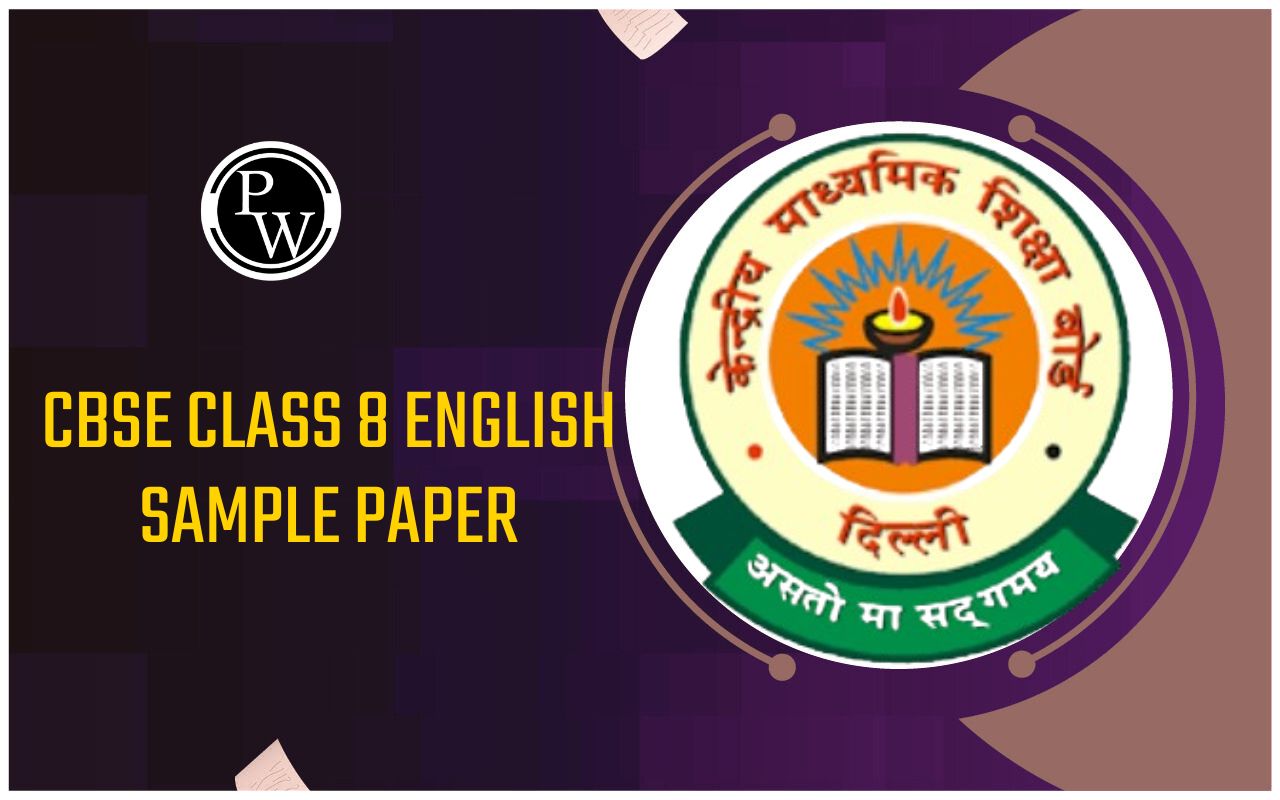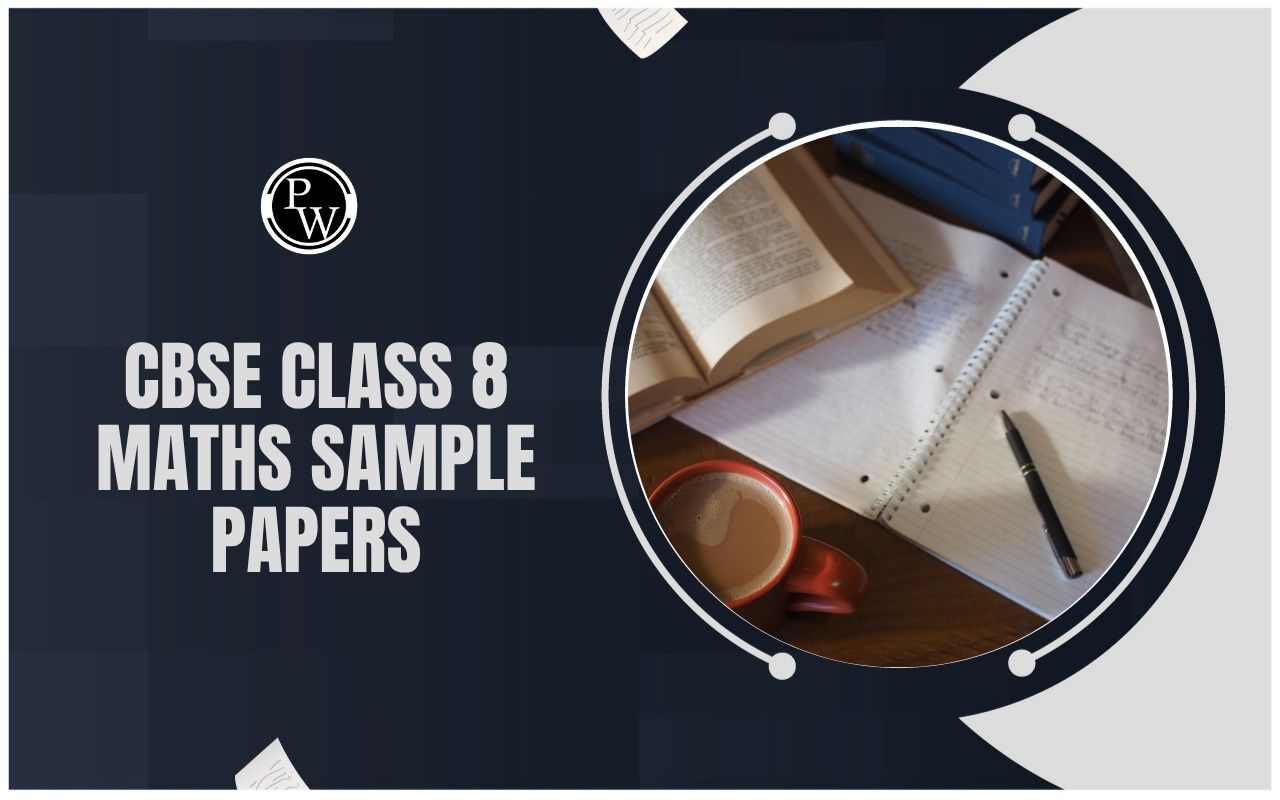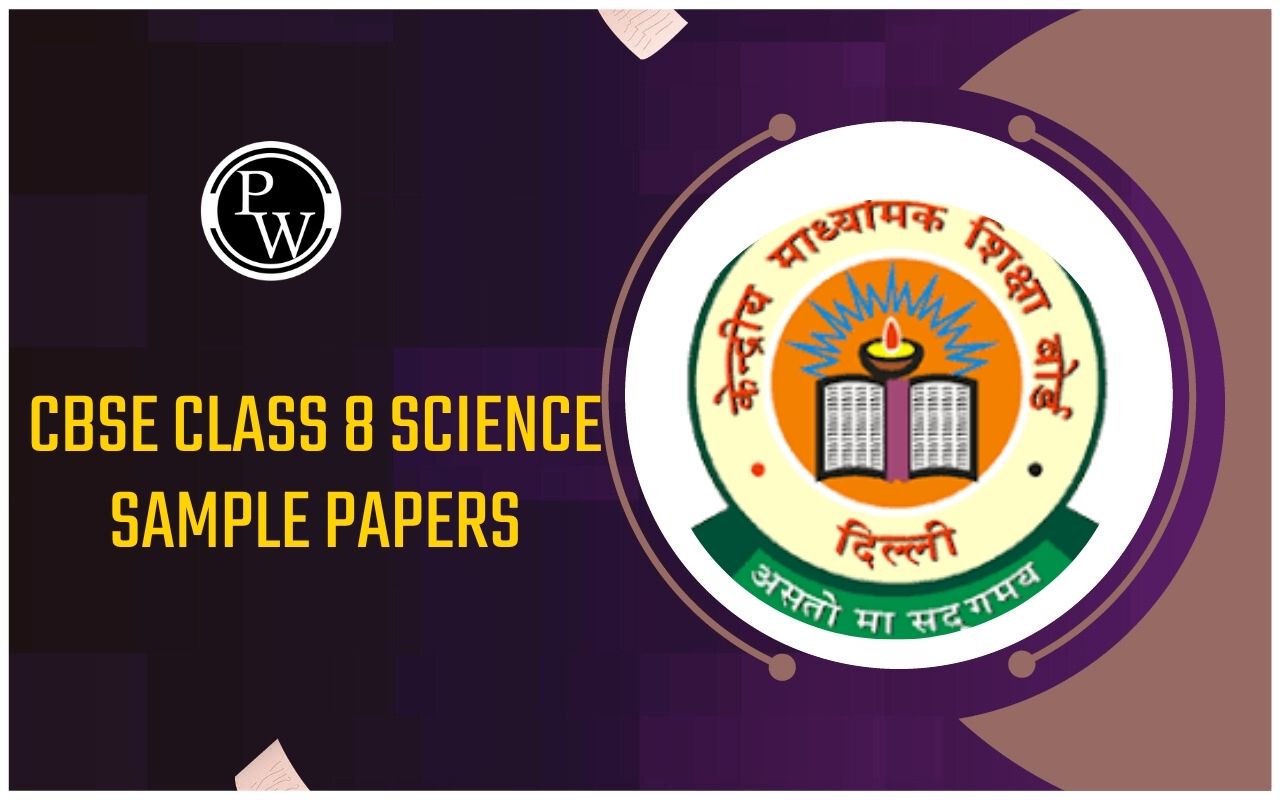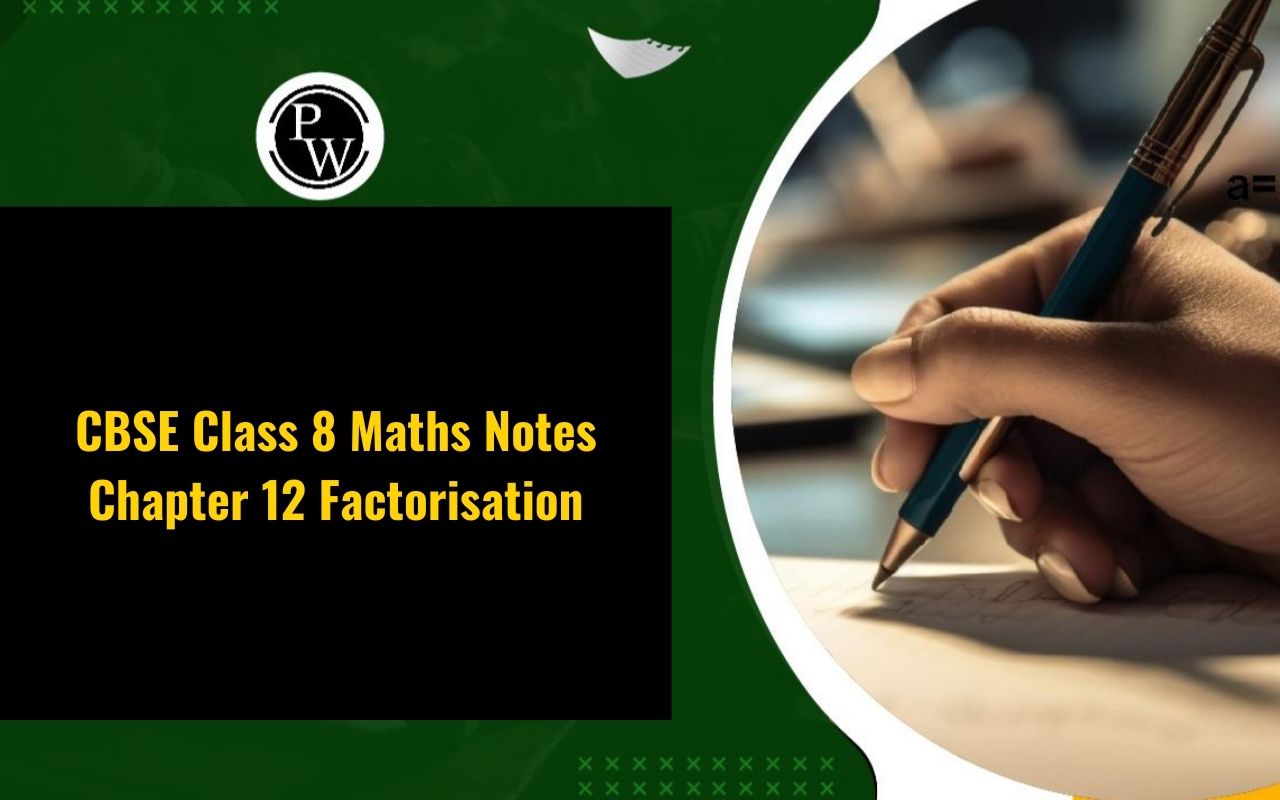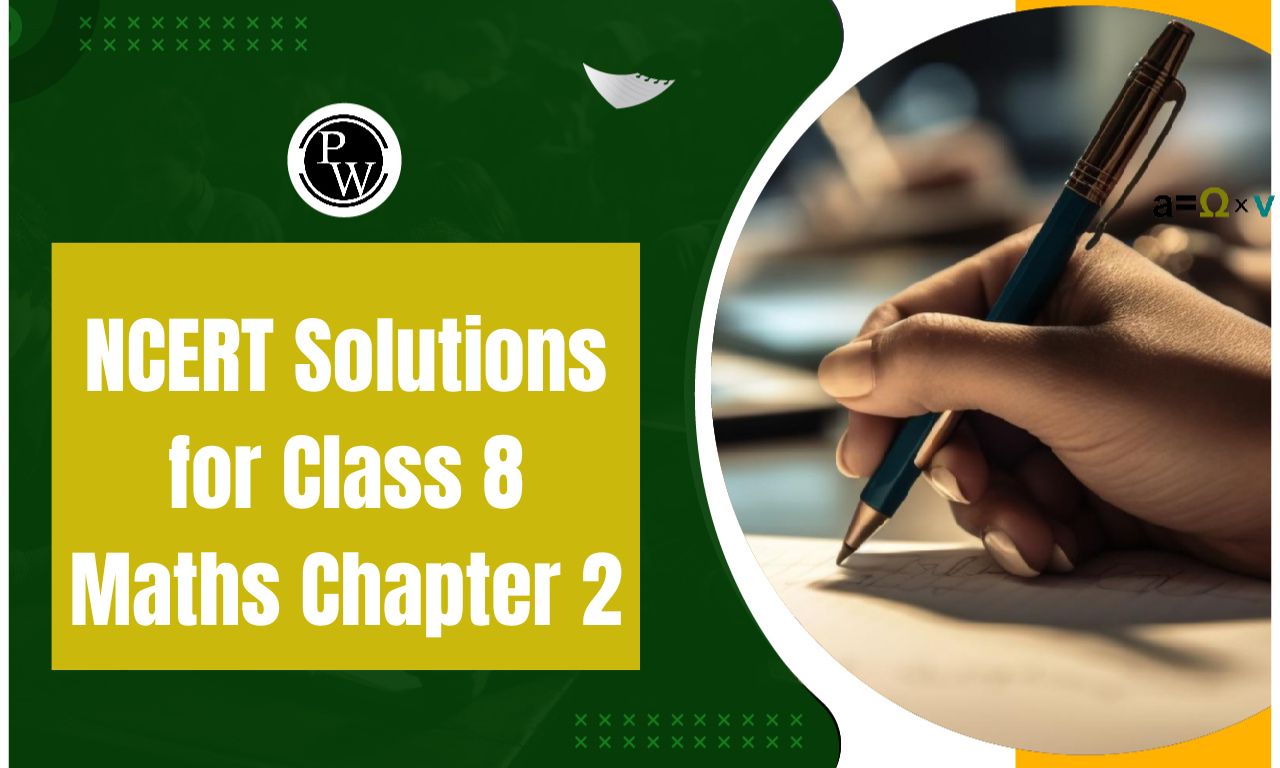
NCERT Solutions For Class 8 Science Chapter 14: All of the questions in the NCERT Class 8 Science textbook are answered in the NCERT Solutions for Class 8 Science Chapter 14 Chemical Effects of Electric Current. Experts in the field have created the collection of solutions offered here to aid students in their academic endeavours. Students can obtain or download the NCERT Solutions for Class 8 Science for this chapter from the website to practise more questions.
Chemical Reactions with Electric The essential subject that is needed to prevent problems in any upcoming research is current. With its thorough solutions, this NCERT Solution aids students in understanding the subject and dispelling any misconceptions they may have. These NCERT Class 8 Solutions provide students with an easy way to practise and review ideas. By offering all the required ideas and solutions in the right order, it saves them time.NCERT Solutions For Class 8 Science Chapter 14 Overview
One of the most important years in a student's life is class eight. Students in Class 8 of the CBSE will take national examinations, such as the Science Olympiad and other scholarship exams. Students can easily master the topics by using the NCERT Solutions for the Chapter Chemical Effects of Electric Current that are provided here. The chemical effects of electric current, electroplating, good conductors, LEDs, and conductors are all covered in this chapter. In terms of exams, the subjects covered in this chapter are crucial. Students should practise a lot with example papers and past years' questions in addition to the NCERT Solutions. They can learn about the various question types asked in the exam by working through sample papers and questions from prior years.NCERT Solutions For Class 8 Science Chapter 14 PDF
Here we have provided NCERT Solutions For Class 8 Science Chapter 14 for the ease of students so that they can just download the pdf and use it easily without the internet. These NCERT Solutions for Class 8 Science Chapter 14 will help students understand the chapter better.NCERT Solutions For Class 8 Science Chapter 14 PDF
NCERT Solutions For Class 8 Science Chapter 14
Here we have provided NCERT Solutions for Class 8 Science Chapter 14 for the ease of students so that they can prepare better for their exams.1. Fill in the blanks.
(a) Most liquids that conduct electricity are solutions of ______________ and ______________.
(b) The passage of an electric current through a solution causes ______________ effects.
(c) If you pass current through copper sulphate solution, copper gets deposited on the plate connected to the ___________terminal of the battery.
(d) The process of depositing a layer of any desired metal on another material by means of electricity is called _________.
(a) Most liquids that conduct electricity are solutions of acids, bases and salts. (b) The passage of an electric current through a solution causes chemical effects. (c) If you pass current through copper sulphate solution, copper gets deposited on the plate connected to the negative terminal of the battery. (d) The process of depositing a layer of any desired metal on another material by means of electricity is called electroplating.2. When the free ends of a tester are dipped into a solution, the magnetic needle shows deflection. Can you explain the reason?
There is a deflection in the compass needle, indicating that current is passing through the wire. Once the tester's free ends are submerged in the solution, the circuit is complete. As a result, the compass needle exhibits deflection since the solution is conducting.'3. Name three liquids, which when tested in the manner shown in Fig.14.9, may cause the magnetic needle to deflect.
 I. Saltwater
II. Lemon juice
III. Vegetable oil
These liquids can be taken in a beaker to show the passage of electricity, as they will show a deflection in the magnetic needle.
I. Saltwater
II. Lemon juice
III. Vegetable oil
These liquids can be taken in a beaker to show the passage of electricity, as they will show a deflection in the magnetic needle.
4. The bulb does not glow in the setup shown in Fig.14.10. List the possible reasons. Explain your answer.
 The following factors could be the cause of the bulb not glowing:
a) The liquid might not conduct at all. As a result of the faulty circuit in this instance, the liquid is not receiving any current.
b. There might not be enough energy in the battery to produce electricity, or the circuit might be composed of materials that are poor conductors of electricity. In either case, the electric current might be feeble.
The following factors could be the cause of the bulb not glowing:
a) The liquid might not conduct at all. As a result of the faulty circuit in this instance, the liquid is not receiving any current.
b. There might not be enough energy in the battery to produce electricity, or the circuit might be composed of materials that are poor conductors of electricity. In either case, the electric current might be feeble.
5. A tester is used to check the conduction of electricity through two liquids, labelled A and B. It is found that the bulb of the tester glows brightly for liquid A, while it glows very dimly for liquid B. You would conclude that
(i) liquid A is a better conductor than liquid B.
(ii) liquid B is a better conductor than liquid A.
(iii) both liquids are equally conducting.
(iv) conducting properties of liquid cannot be compared in this manner.
As a conductor, liquid A is superior to liquid B. The quantity of current passing through a solution is determined by its conductivity. More conductivity means that more current will flow through the solution; conversely, less conductivity means that there will be less current flowing through the solution. As a result, liquid A has a higher conductivity than liquid B.6. Does pure water conduct electricity? If not, what can we do to make it conduct?
Since pure water contains no salt at all, it does not conduct electricity. A tiny bit of common salt, also known as sodium chloride, or NaCl, added to the water will make it a conducting medium.7. In case of a fire, before the firemen use the water hoses, they shut off the main electrical supply for the area. Explain why they do this.
In the event of a fire, the firefighters turn off the main electrical supply to the area before using the water hoses because the water spray's potential to conduct electricity increases the likelihood that the electricity will travel through the wire when it comes into touch with electrical appliances. It might harm the firefighters.8. A child staying in a coastal region tests the drinking water and also seawater with his tester. He finds that the compass needle deflects more in the case of seawater. Can you explain the reason?
Seawater has a higher concentration of dissolved salts than drinking water does. Hence, drinking water will not conduct as well as seawater does. That explains why, in comparison to drinking water, the needle in seawater has a greater deflection.9. Is it safe for the electrician to carry out electrical repairs outdoors during heavy downpours? Explain.
No. Repairing electrical items outside during prolonged downpours is not safe. Rainwater is conductive because it contains a specific proportion of dissolved salts. When an electrician works outside during a prolonged downpour, this could result in electric shocks and injury.10. Paheli had heard that rainwater is as good as distilled water. So she collected some rainwater in a clean glass tumbler and tested it using a tester. To her surprise, she found that the compass needle showed deflection. What could be the reasons?
Rainwater is composed of a certain percentage of dissolved salts making it conductive. This results in the deflection of the compass.11. Prepare a list of objects around you that are electroplated.
Automobile exterior parts can be coated with chromium plating to give them a bright appearance. Gold plating: A thin layer of gold is applied to silver ornaments to create what are known as gold-plated ornaments. Zinc plating: To prevent rusting and corrosion, iron used in construction is covered with a layer of zinc.12. The process that you saw in Activity 14.7 is used for the purification of copper. A thin plate of pure copper and a thick rod of impure copper are used as electrodes. Copper from the impure rod is sought to be transferred to the thin copper plate. Which electrode should be attached to the positive terminal of the battery and why?
Since the copper sulphate solution causes the electric current to dissociate into copper and sulphate when it is passed through, the thick rod of the impure copper plate should be connected to the battery's positive terminal. Positively charged free copper is attracted to the battery's negative terminal and deposits itself there. Conversely, the impure copper rod, which is fastened to the battery's positive terminal, replenishes the copper that was lost in the solution.Benefits of NCERT Solutions For Class 8 Science Chapter 14
A few of the main benefits of the NCERT answers for class 8 Chemical Effects of Electric Current are listed here.- thorough explanations for every task and question, encouraging a better comprehension of the material.
- Presentation that is well-organized and easy to understand.
- Precise responses that correspond with the syllabus enhance pupils' self-assurance in their comprehension.
- visual tools to help explain difficult ideas, such as pictures and diagrams.
- Extra pointers and advice to improve pupils' performance.
- Small parts of chapters for rapid revision.
- Resources that can be downloaded and used online for flexible study and revision.
NCERT Solutions For Class 8 Science Chapter 14 FAQs
What is chapter 14 of science class 8?
What is the answer to the chemical effects of electric current Class 8?
What is the electric current in Class 8?


